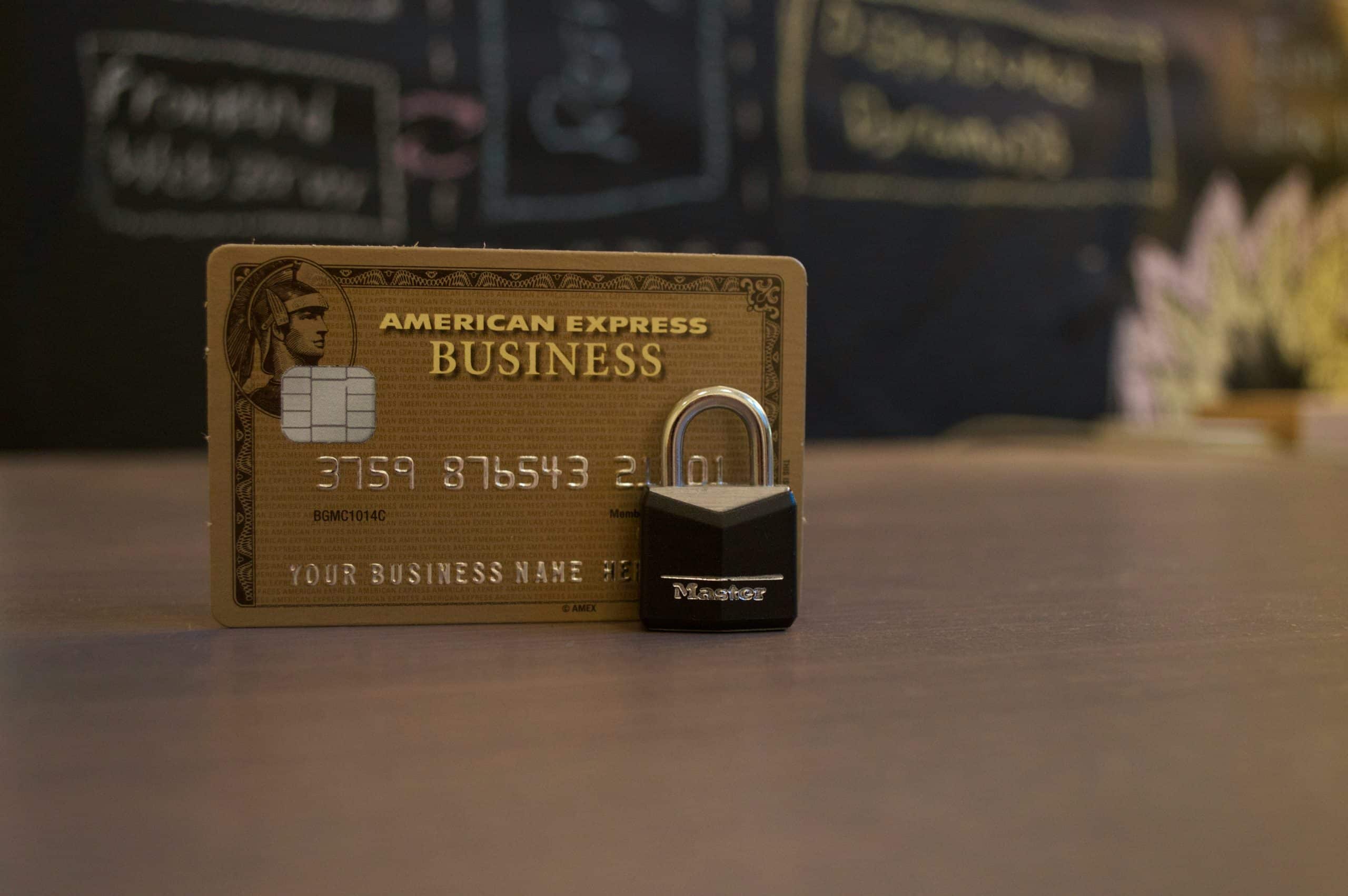How to handle real estate transactions securely online

The digital transformation of the real estate industry has revolutionized the way transactions are managed. In today’s fast-paced market, buyers and sellers seek convenience without compromising security. Managing estate transactions online offers a plethora of benefits, from speed to accessibility, but it also brings forth challenges in secure data handling and fraud prevention. As real estate professionals or clients involved in estate transactions, understanding how to securely manage these transactions online is paramount. This article will guide you through the essential steps and best practices for secure online real estate transaction management.
Embracing Transaction Management Software
In the world of real estate, staying ahead of the curve means embracing technology that streamlines and secures transaction management. Management software is a game-changer for agents and clients alike, providing an organized and efficient way to handle the myriad of tasks and documents involved in closing deals.
Sujet a lire : How to design for easy maintenance in high-traffic areas?
Why Transaction Management Software is a Must
Real estate transactions involve numerous steps, from listing to closing. Conventionally, this process was paper-intensive, slower, and more prone to human errors and security breaches. Transaction management software leverages technology to create a paperless pipeline, where all involved parties can access, review, and sign documents electronically. This not only saves time but significantly reduces the risks associated with physical document handling.
Key Features to Look For
When selecting transaction management software, prioritize platforms that offer end-to-end encryption, two-factor authentication, and regular security audits. A robust management system should also include features like task reminders, compliance checks, and storage for estate contracts. This centralized hub will help ensure that all elements of a transaction are completed correctly and securely.
A découvrir également : What are cost-effective methods for soundproofing?
Securing Data Throughout the Process
The security of sensitive information is a top concern during online real estate transactions. As real estate agents and clients exchange personal and financial details, the vulnerability to data breaches and cyber-attacks increases.
Implementing Strong Data Protection Practices
To secure data during real estate transactions, implement strict access controls and use secure communication channels for sharing information. Regular security checks should be an integral part of your routine, ensuring that all software and systems are up to date with the latest security patches. Also, encourage clients to use strong, unique passwords for their accounts and to change them regularly.
Educating Clients on Secure Data Sharing
Education is a powerful tool in safeguarding online transactions. Guide your clients on the importance of not sharing sensitive details over unsecured channels like email. Instead, direct them to use the secure portal provided by the transaction management software. Make sure they understand the risks of phishing scams and how to spot potential red flags.
The Closing: A Critical Juncture
Closing is the most critical stage in real estate transactions. This is when ownership changes hands, and payments are made. Securing this phase is crucial to ensuring a smooth and safe transfer of property.
Streamlining the Closing with Online Tools
Online tools can greatly facilitate the closing process. Virtual escrow services and digital signing technology enable you to complete transactions without the need for physical meetings. These tools typically have built-in security measures to protect the integrity of the estate contract and other closing documents.
Ensuring Payment Security
When it comes to payments, the traditional cashier’s check is being replaced by electronic funds transfer (EFT) methods. These online payment systems are often faster and more secure, as they leave a traceable digital footprint. Make sure the platforms you use for payments comply with industry security standards and that all parties understand the process.
Continual Vigilance: Post-Transaction Checks
Even after a transaction has closed, maintaining security is crucial. Continual vigilance ensures that all parties’ information remains protected and that the transaction is truly complete.
Follow-Up and Secure Document Storage
After closing, conduct follow-up checks to confirm that all aspects of the transaction have been executed as agreed. Securely store all transaction documents in the management software’s encrypted database. This not only ensures compliance with legal requirements but also protects clients’ sensitive data from potential threats.
Handling Post-Transaction Concerns
Address any post-transaction concerns promptly. If a client raises issues related to security or data integrity, investigate immediately to mitigate any potential damage. A quick response is essential in maintaining trust and demonstrating your commitment to security.
Working with Third-Party Services
In many cases, real estate transactions involve third-party services such as inspectors, appraisers, and title companies. Ensuring that these parties also adhere to stringent security protocols is critical.
Vetting and Collaborating with Secure Partners
Carefully vet all third-party service providers for their security measures. Only collaborate with partners who can demonstrate a firm commitment to data protection and secure transaction processes. This due diligence will not only protect the transaction but also strengthen the reputation of your business.
Coordination for Seamless Security
Coordinate with third-party services to ensure that their systems integrate seamlessly with your transaction management software. Clear communication about security expectations will help maintain a secure environment throughout the transaction lifecycle.
In conclusion, managing real estate transactions securely online requires a holistic approach that encompasses choosing the right transaction management software, safeguarding sensitive data, streamlining the closing process, and maintaining vigilance post-transaction. It also involves working responsibly with third-party services to ensure that every aspect of the transaction is protected. By following these guidelines, you can provide a secure and efficient experience for your clients, which is essential in today’s digital real estate industry. Always remember to stay up-to-date with the latest security advancements and regulations to uphold the highest standards of data protection and client trust in your real estate transactions.
